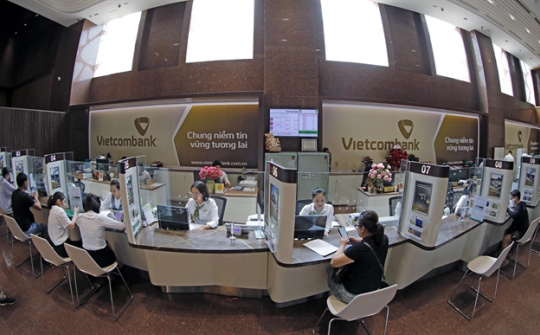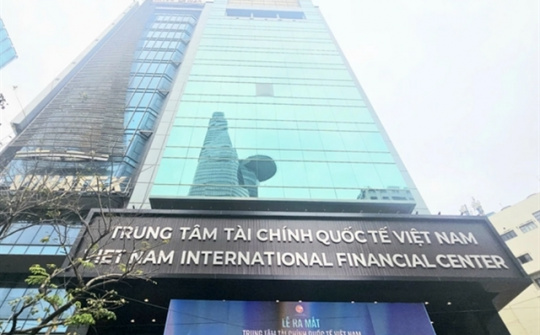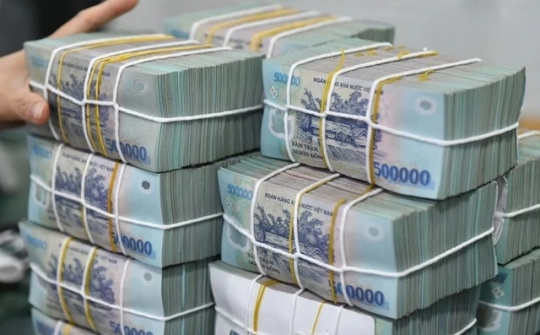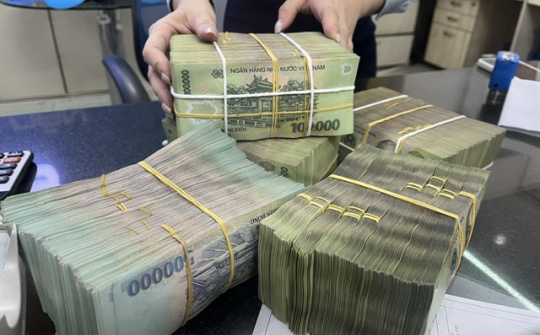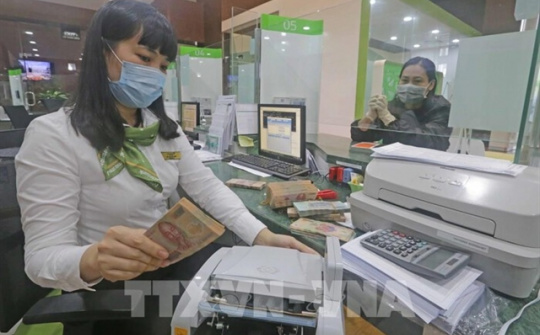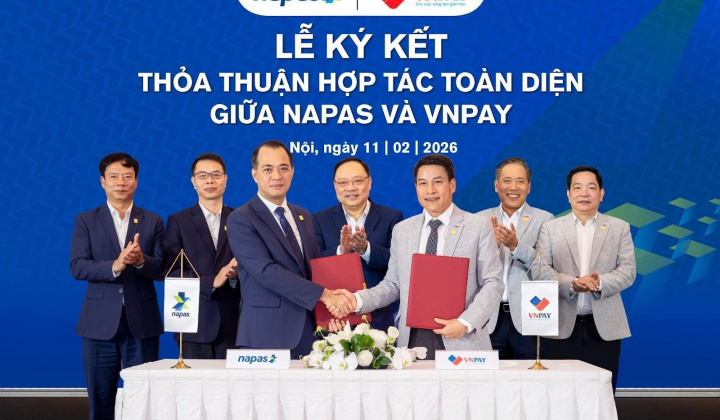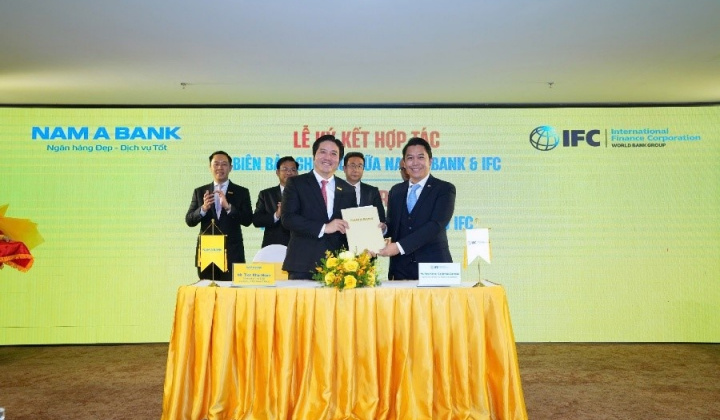
Deputy Governor Dao Minh Tu speaks at the ESG forum
According to the SBV Deputy Governor, the banking industry, as an important financial supply channel for the economy, is always fully aware of its role and responsibility in "greening" the investment capital flows for sustainable development goals.
Therefore, back in 2015, the SBV had issued Directive No. 03/CT-NHNN on promoting green credit growth and managing environmental and social risks in credit granting operations. The SBV Governor had issued Decision No.1604/QD-NHNN dated August 7, 2018 approving the Scheme on green bank development in Vietnam in order to direct the credit institutions to develop green banking operations towards environmental protection and climate change response, contributing to promoting green growth and sustainable development. In addition, the SBV had also coordinated with the International Finance Corporation (IFC) to publish an Environment and Social Risk Management Handbook for 15 economic sectors in the credit granting operations. Recently, implementing the assigned tasks in the Law on Environmental Protection (2020), the SBV has issued Circular No.17/2022/TT-NHNN dated December 23, 2022 on environmental risk management in the credit granting operations, which took effect on June 1, 2023. This Circular includes mandatory regulations requiring the credit institutions to manage environmental risks in their credit granting operations for the investment projects with risks of adverse impacts on the environment as specified in the Law on Environmental Protection and Decree No. 08/2022/ND-CP dated January 10, 2022.
A lot of credit institutions, based on the SBV’s regulations, have proactively cooperated and received green capital sources and technical assistance from the international financial organizations to build their internal regulations on environmental and social risk management for several credit granting operations for their customers. In the period of 2017-2023, the credit outstanding of the entire banking sector for green sectors reached an average growth rate of over 22% per annum. By March 31, 2024, there were 47 credit institutions with green credit outstanding, with the total outstanding reaching nearly VND 637 trillion, accounting for about 4.5% of the total loan outstanding of the entire economy.

Vice Minister Nguyen Thi Ha of the Ministry of Labor, Invalids and Social Affairs; Deputy Governor Dao Minh Tu of the SBV, and other leaders of the Ministries, agencies, economic groups, at the Launching Ceremony of the ESG Forum in Vietnam
Deputy Governor Dao Minh Tu said that the improvement of the legal corridor to support businesses in the banking industry is currently quite stable and sufficient. The above results have shown a strong message about the responsibility of the banking industry for environmental protection, strengthening the risk management capacity of the credit institutions against environmental and climate change risks, enabling the banking operations in Vietnam to closely follow the international standards and practices on ESG. The development, promulgation and implementation of the Circular reflected a strong message of sustainable finance, while improving the credit quality, safe and efficient banking operations.
In addition, the measures conducted by the banking industry in the recent time have contributed to promoting the process of greening the banking operations, promptly meeting the capital demand to implement green and environmentally friendly projects; raising the awareness and enforcing the regulations on environmental protection and social responsibility of businesses using resources from the banking system, thereby changing the behavior towards practicing ESG standards, greening production and business activities towards the realization of the sustainable development goals of the economy.
Regarding the banking industry's plans to implement ESG in the coming time, Deputy Governor Dao Minh Tu said that the SBV would continue to study and improve the legal frameworks to strengthen the environmental, social and climate risk management in the credit granting operations of the credit institutions; direct the credit institutions to focus their resources on financing green economic sectors and fields, and economic model projects that contribute to implementing the requirements of innovating the national growth model toward low emissions.
In addition, the SBV would actively participate in both domestic and international forums on green credit, green banking, ESG practices and growth. In addition, the SBV would also promote the communication and training activities in order to raise the awareness and improve the quality of human resources in the banking sector to meet the requirements for practicing ESG, as well as the international standards on sustainable development.




